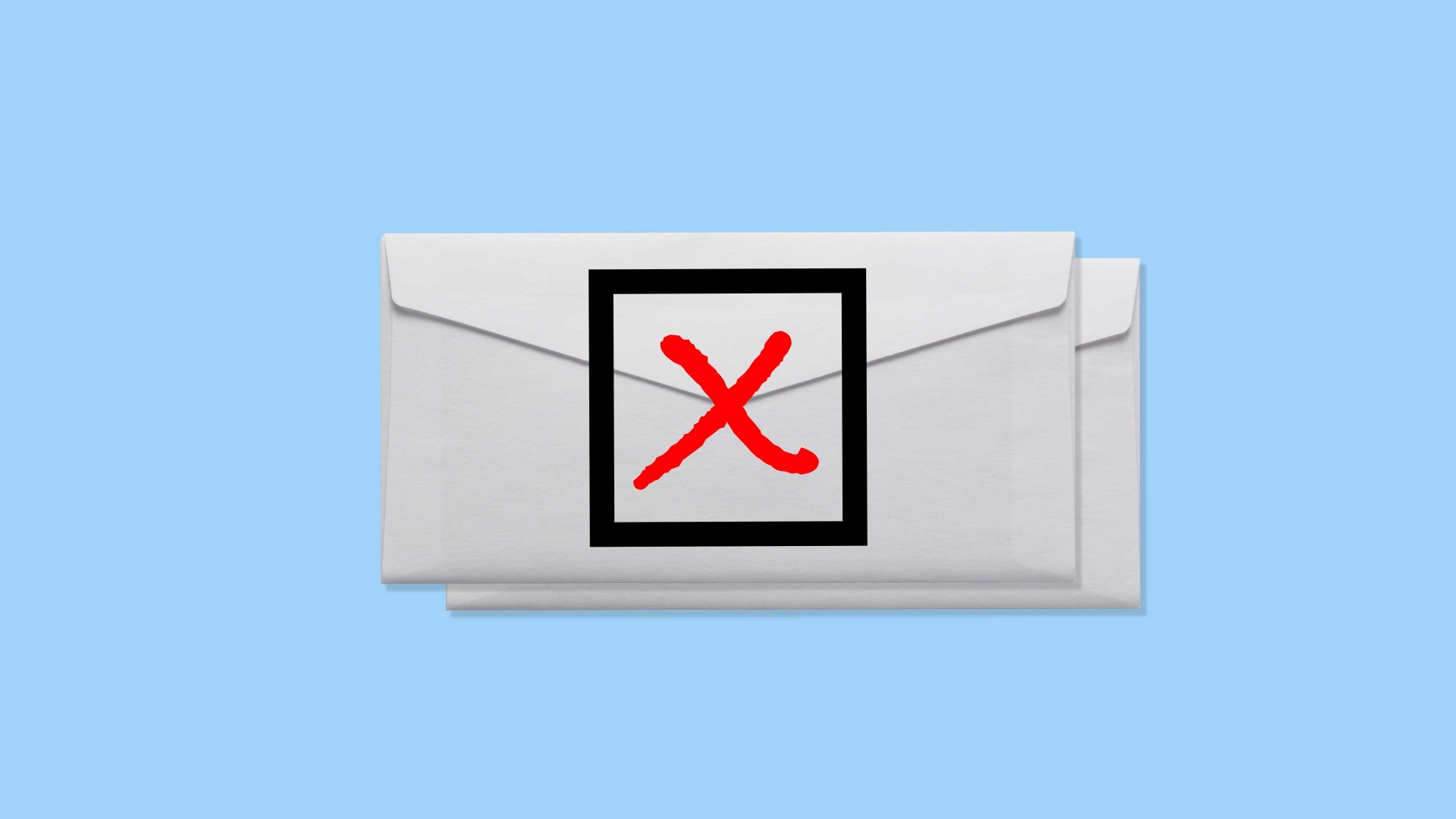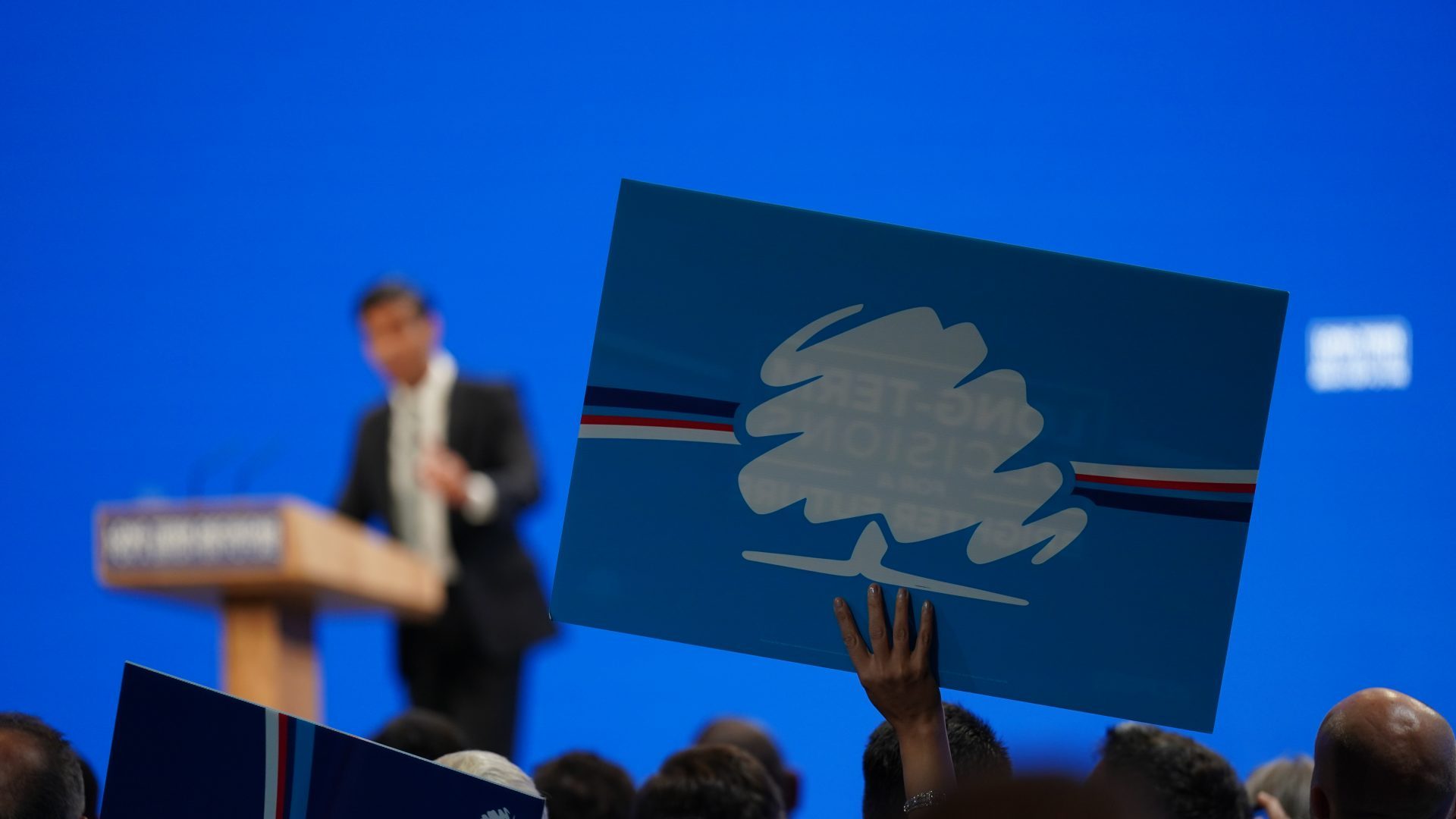University is wrapped up for the summer, and we’re having a final dinner, saying goodbye to a friend graduating and to a city we’re all about to leave for three months. As friends talk of hiking the Appalachian Trail and looming internships, our conversation moves to focus on the new addition to our summer calendars: the general election.
In early July, most students will have left their university cities in a mass exodus, returning to quieter, safer electoral seats. This, one can easily assume, was not a coincidence. University cities are often swing constituencies, where crowds of left-leaning students gather.
Calling an election on July 4 dissipates these crowds, reducing the power of the younger vote. My own home constituency has been Conservative since 1880, with a 56% majority in 2019. I know that the power of my vote depends on its location. But thanks to postal voting, I can retain that power.
Talking to friends it seems that not everyone will use their postal vote, even if it means having less of an impact. For people my age, this is the first general election we can vote in, and many are excited by the idea of entering a polling booth and placing their vote in person. Others hadn’t even considered the possibility of postal voting, and others still saw it as an unnecessary faff to sort out, given the easier in-person option.
Other people seem to care more about their local politics. A friend from Stockport explains that she’s more invested in the candidates and local matters back home. It’s not just about voting power for her, it’s about the personal connection. This is a recurring theme among people from towns across Scotland, as well as from Bath and Sussex, all of whom plan to vote in their home constituency.
I’m put in my place by a friend who tells me it’s morally wrong to vote in a place where she will not live in future. Even as I complain that this is playing straight into Rishi Sunak’s hands, my friends don’t seem too worried. In fact it seems I’m dampening the mood: everyone’s just excited to vote for the first time. And for that, they want to do it in person. Regardless of the consequences. I resign my case and collapse into my chair.
One friend, from Belfast, will be voting in Edinburgh in order to increase her impact. She giddily explains that this is her first general election and she wants it to count: “This is a particularly crucial one so I don’t want to vote for a party that is unlikely to get the Tories out of power.”
Lamenting that many people back in Northern Ireland won’t get to vote for a major party, she wants to make the most of being able to have a say in who runs Westminster. But when I ask her whether she would still plan to vote in Edinburgh if it required a postal vote, she was unsure whether it would work out practically. Another friend from Northern Ireland is less sure about a postal vote because she doesn’t know whether the hassle of the process will outweigh the impact of her vote.
All that being said, I’m in Edinburgh, which has some considerable (although not insurmountable) majorities for both Labour and SNP. Friends studying in Oxford and Bristol tell me there is a similar consensus to vote at home – and a confusion over where people can and cannot vote. For many, the idea of a postal vote wasn’t on their radar.
Abigail King is opinion editor of the Edinburgh Student newspaper



